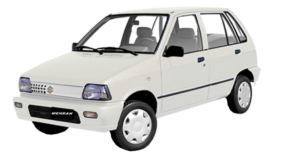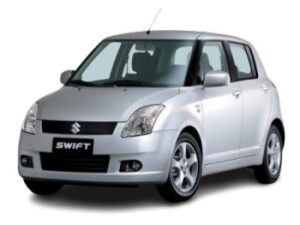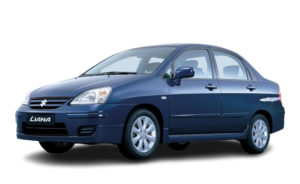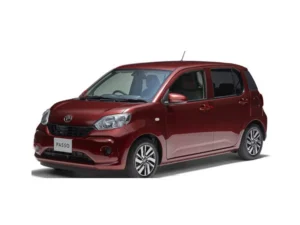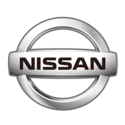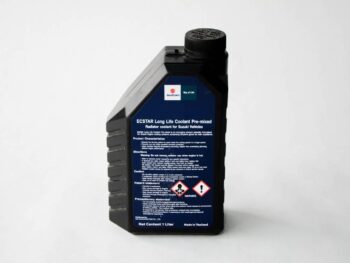 Car Accessories87 products
Car Accessories87 products Car Care Products8 products
Car Care Products8 products Car Cushions2 products
Car Cushions2 products Car Dashboard Cover3 products
Car Dashboard Cover3 products Car Door Visor6 products
Car Door Visor6 products Car Floor Mat3 products
Car Floor Mat3 products Car Glass Wash Accessories1 product
Car Glass Wash Accessories1 product Car Mudguards7 products
Car Mudguards7 products Car Seat Cover10 products
Car Seat Cover10 products- Car Sprays3 products
 Car Steering Cover4 products
Car Steering Cover4 products Car Top Covers6 products
Car Top Covers6 products Car Wax Polish4 products
Car Wax Polish4 products Mobility Kit1 product
Mobility Kit1 product Snow Chain1 product
Snow Chain1 product Wheel Covers12 products
Wheel Covers12 products
 Car Body Parts156 products
Car Body Parts156 products Car Bumpers10 products
Car Bumpers10 products Car Dashboards3 products
Car Dashboards3 products Car Doors26 products
Car Doors26 products Car Grills10 products
Car Grills10 products Car Handles14 products
Car Handles14 products Car Hoods3 products
Car Hoods3 products Car Horn Pads2 products
Car Horn Pads2 products Car Interior Parts11 products
Car Interior Parts11 products Car Mirrors19 products
Car Mirrors19 products Car Side Body4 products
Car Side Body4 products Car Spacers4 products
Car Spacers4 products Car Trunks2 products
Car Trunks2 products Car Wiper Blades1 product
Car Wiper Blades1 product Car Wipers3 products
Car Wipers3 products Fender8 products
Fender8 products- Ishara Pillars2 products
 Car Electrical Parts118 products
Car Electrical Parts118 products Car Engine Oil & Lubricants135 products
Car Engine Oil & Lubricants135 products Coolant10 products
Coolant10 products Differential Oil1 product
Differential Oil1 product Engine Oils116 products
Engine Oils116 products Gear Oil7 products
Gear Oil7 products
 Honda46 products
Honda46 products- Hyundai15 products
- KIA9 products
 Mechanical/engine128 products
Mechanical/engine128 products Car AC Filter2 products
Car AC Filter2 products Car Air Filter14 products
Car Air Filter14 products Car Brake Fluid4 products
Car Brake Fluid4 products Car Brake Pads16 products
Car Brake Pads16 products Car Brake Shoe4 products
Car Brake Shoe4 products Car Cables11 products
Car Cables11 products- Car Carburetors3 products
 Car Clutch Plate3 products
Car Clutch Plate3 products Car Disc1 product
Car Disc1 product- Car Engine Coils2 products
- Car Fuel Pumps3 products
 Car Radiators10 products
Car Radiators10 products Front Shocks2 products
Front Shocks2 products Oil Filter8 products
Oil Filter8 products Pressure Plate4 products
Pressure Plate4 products Spark Plug7 products
Spark Plug7 products Suspension12 products
Suspension12 products
 MG7 products
MG7 products- Mitsubishi2 products
- Nissan4 products
 Suzuki243 products
Suzuki243 products- Toyota101 products
Sort by
Price filter
Coolant 1L- All Vehicles
Suzuki, Alto, Bolan, Ciaz, Car Engine Oil & Lubricants, Coolant, Cultus, Mehran, Ravi, Swift, Wagon R
Car Coolant
Coolant, also known as antifreeze, is a fluid that plays a vital role in regulating the temperature of your vehicle’s engine. It is a mixture of water and chemicals, typically ethylene glycol or propylene glycol, that prevents the engine from overheating in hot conditions and protects it from freezing in cold temperatures. Coolant is important because it helps dissipate excess heat, prevents corrosion and rust within the cooling system, and ensures optimal engine performance and longevity.
How often should I change my vehicle's coolant?
The recommended interval for coolant replacement can vary depending on the make and model of your vehicle, as well as the type of coolant being used. As a general guideline, it is advisable to change the coolant every two to five years or as specified in your vehicle’s owner’s manual. Regular coolant inspections are also recommended to ensure proper levels and condition.
Can I use any type of coolant in my vehicle?
No, it is crucial to use the correct type of coolant that is compatible with your vehicle’s specifications. Different vehicles may require specific coolant formulations, such as extended-life coolants or those designed for particular engine materials. Using the wrong coolant can lead to coolant system damage, reduced performance, and potential engine overheating. Consult a professional mechanic to determine the appropriate coolant for your vehicle.
How do I check and maintain the coolant level in my vehicle?
To check the coolant level, first, ensure that the engine is cool. Locate the coolant reservoir, usually a translucent plastic tank with markings indicating minimum and maximum levels. If the coolant level is below the minimum mark, add a mixture of coolant and distilled water to bring it up to the recommended level. It’s important not to open the radiator cap when the engine is hot, as it can cause severe burns. Regularly inspect the coolant for signs of contamination, such as discoloration or debris, and address any issues promptly.
What should I do if my vehicle's engine overheats?
If your vehicle’s engine overheats, it is crucial to take immediate action to prevent further damage. Safely pull over to the side of the road and turn off the engine. Do not attempt to open the radiator cap until the engine has cooled down completely. Contact a professional mechanic or roadside assistance service for assistance. Continuing to drive an overheated engine can result in severe engine damage, so it’s important to address the issue promptly and avoid potential costly repairs.




